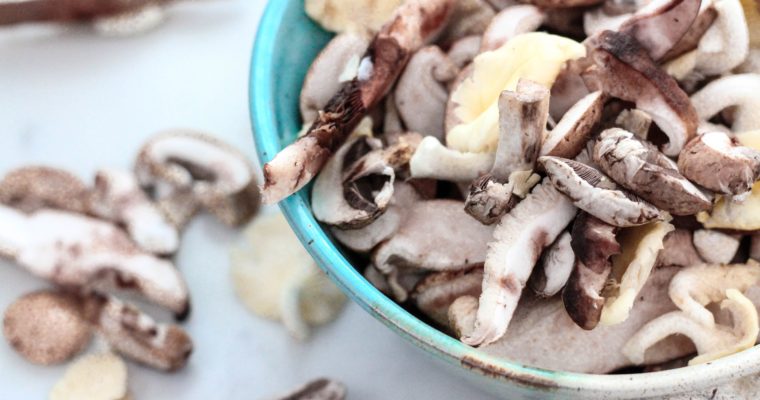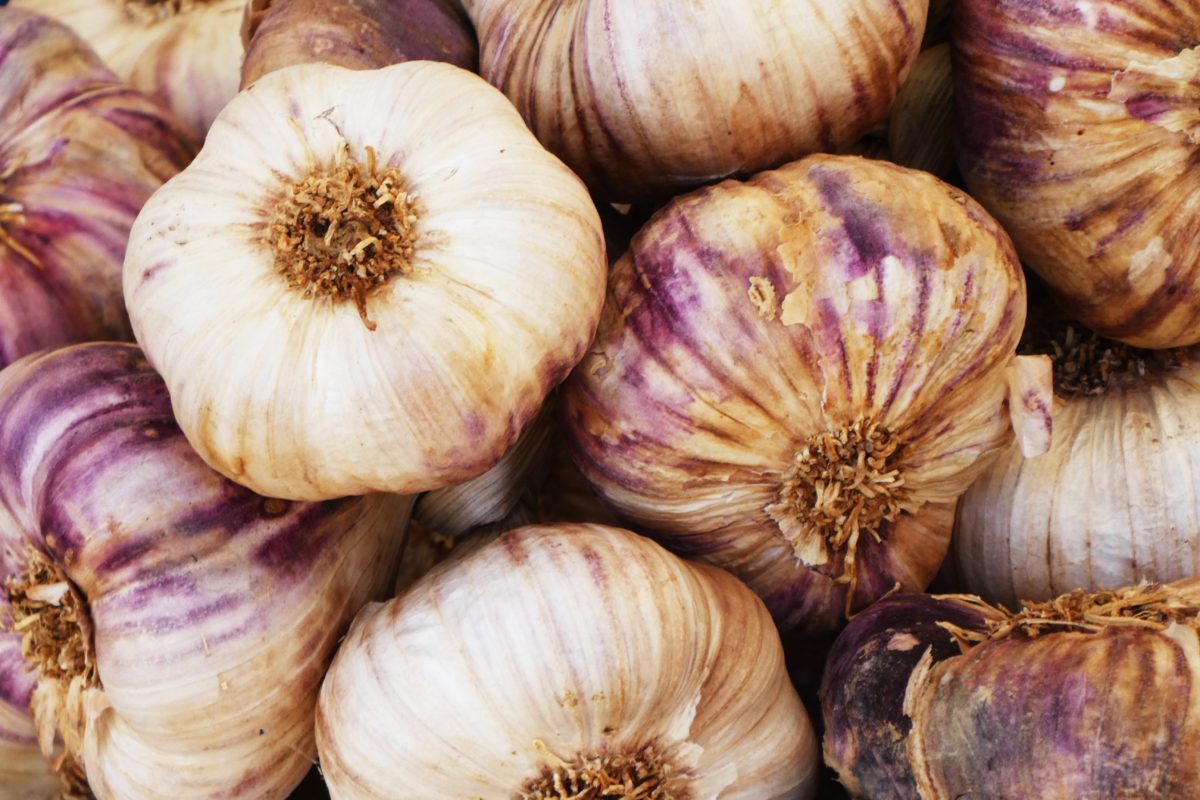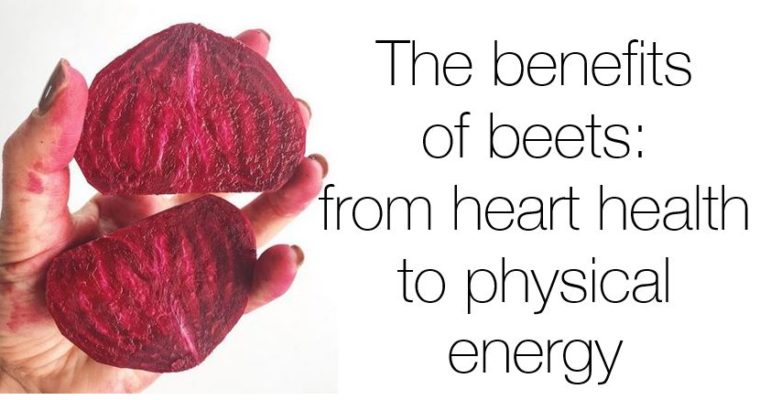Written By Amanda Williams, MPH
How often have you had an annual physical and are told by your healthcare provider that “everything looks good”? You leave their office feeling assured that everything is okay, health wise. But what does that “okay” mean exactly?
The question that I ask my customers who tell me they have had their blood tested is, do you really know what any of the results mean? If you are not sure what tests your provider is even ordering, then how are you to know that everything is “good”? It never surprises me when someone brings their blood results to me and states, “My doctor did a complete workup and tells me everything is normal”. And after one quick glimpse of the test, I find time and time again that the only tests that were ordered are a CBC (complete blood count), Metabolic Panel, Lipid Panel, and on occasion a TSH (thyroid stimulating hormone) test. These are the most basic tests that are ordered and do not provide you with the most important aspects of your overall health. So let us look at the tests that should be ordered to really give you a more comprehensive look into your health.
I believe it is essential to know what if any inflammation is occurring in the body. As many already know, all chronic diseases have an underlying component of inflammation. It is advisable to have the following tests run –
hs-CRP
High sensitivity C-Reactive Protein will let you know if there is any low level of inflammation in the body. This level is not cardiac specific but can indicate an increased cardiovascular risk when elevated.
Homocysteine
This is an assessment of blood vessel inflammation, which is a cardiovascular risk when elevated.
25-Hydroxy Vitamin D
This test is very important, as low levels of Vitamin D are strongly linked with reduced immune system function. Nearly every autoimmune and neurodegenerative disorder is associated with low Vitamin D levels. Knowing and understanding your blood levels allow you to have a better idea of how much Vitamin D3 to supplement with daily.
Fibrinogen
Fibrinogen is a test generally utilized to assess the “stickiness” or coagulation of the blood. It can also be an independent risk factor for coronary artery disease when it is elevated.
Cholesterol Particle Testing
This test looks at the size and the number of cholesterol particles. This is a more comprehensive way to assess your cholesterol than just looking at the total number. The size of the particles is a better indicator of your cardiovascular risk. The smaller the cholesterol particle, the greater the risk than if your cholesterol particles are larger. Size matters! Have your cholesterol particles tested.
CoQ10
This test will give you an accurate depiction of how much Coenzyme Q10 is in your system. This very important antioxidant is also the energy source for the cells throughout the body. We know that this level can be lowered through medications, such as statins for cholesterol and high blood pressure medications like beta blockers. Low levels of CoQ10 are commonly found in many health conditions such as Heart disease, Diabetes, Parkinson’s, Muscular Dystrophy, and cancers. Anyone taking a stain medication should request to have their level of CoQ10 checked.
Certain medications and prescription drugs can deplete important minerals in your body! Click here for more information!
Fasting Insulin
This test is a must for any pre-diabetic or diabetic. It is the best way to assess insulin resistance. Elevated fasting Insulin levels are a sign of inadequate pancreatic function.
DHEA
This very important adrenal hormone is responsible not only for making testosterone and estrogen, but it is also extremely important for immune function and our stress response. As we age, our DHEA levels begin to decline which can have a negative impact on muscle mass and immune defenses. It is critical to know what your DHEA level is, because low levels are associated with increased cardiovascular events, increased risk of infections, Sarcopenia (muscle loss), and shortened life span.
There are many more tests that would be important to assess for your overall health, but it is sometimes best to start with the basics and move on from there. It is your body and you should know what your blood test mean. Be proactive, not reactive about your health!
Questions about your blood test results? Leave them for Amanda Williams, MPH right here in the comments!






